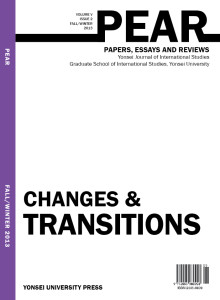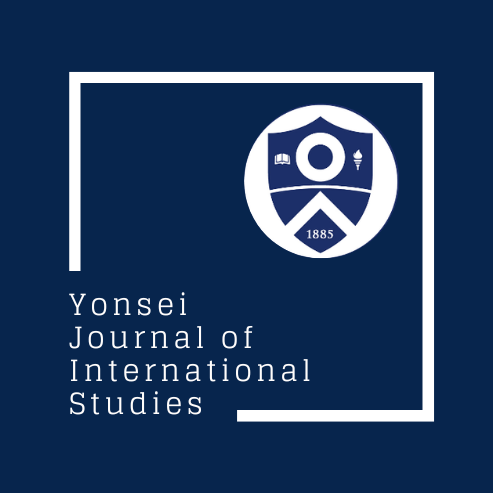Title: The Way of Bureaucracy: A Critical Examination of Classic Comparative Bureaucracy Literature
Author: Joel R. Campbell
Affiliation: Troy University
Issue: Changes & Transitions – Volume 5 Issue 2
Publisher: Yonsei University Press
Download as PDF
Introduction
Large bureaucratic organizations have become a key fact of life in modern polities. As bureaucracy has become an important concern in national politics, it has grown as a focus of comparative political analysis. Previous studies dealt with basics of bureaucratic organization in developed and developing countries, beginning with the theoretical insights of Max Weber, Robert Michels, and other early social theorists in the early twentieth century. Weber set the standard for viewing bureaucracy in terms of rational decision-making, hierarchical organization, and standard operating procedures. Over the past half century, a large body of writings has attempted to construct basic theories of bureaucracy. As a result, there is now an improved understanding of bureaucracy as a significant component of both politics practiced in the advanced industrial countries (AICs), especially Western European countries, and the process of political and economic development elsewhere. This paper looks at four critical classic works in the comparative analysis of bureaucracy in terms of their key contributions to early postwar political theory.
This article examines main ideas of this important classic comparative bureaucracy analysis literature. The authors’ arguments parallel one another and together suggest the main elements of mainstream thinking about bureaucratic organization in the late twentieth century. Downs sets forth a series of “non-obvious” hypotheses that provide heuristic tools for study of bureaucratic organizations. Auerbach, et al. considers the “generic behavior patterns” of bureaucrats across Western countries. Crozier focuses on the nature of bureaucratic organizations in France, and examines the general applicability of French experience to other countries. Harrison assesses the usefulness of a corporatist model, whereby a state sets up exclusive organizations to represent certain segments of society, such as business, labor, or farmers; this aids understanding how bureaucratic units of the twentieth century reacted to emerging social problems. The article also suggests that the changing nature of political and economic challenges in Western countries is altering the very nature of bureaucratic action and politics.
To read more click Page 2 below
